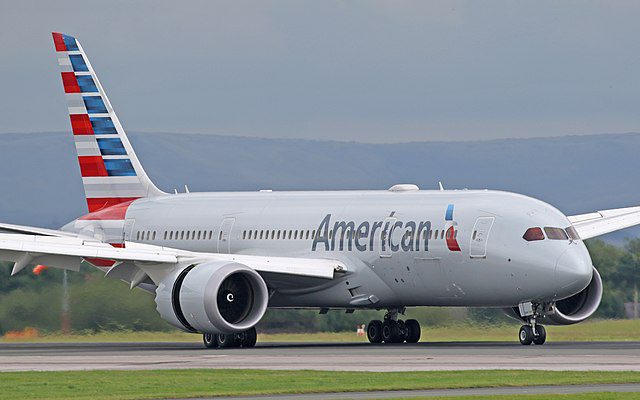American Airlines Computer Glitch Temporarily Threatens 12,000 Flights
An American Airlines computer glitch threatened to cause more disruption for U.S. airports during the July 4 weekend.
A problem in the carrier's system that enables pilots to add, drop, or trade routes briefly wiped out 12,000 flights scheduled to depart in July. American said in a statement on Saturday it was reinstating most of those flights, adding it didn't expect the issue to impact its operations.
However, the Allied Pilots Association, the labor union that represents American's pilots, said on Sunday that it's discussing extra pay for pilots whose flights were mistakenly cancelled because of the glitch. The union also told pilots that adding those flights back to the pilots' schedules violated its contract, but it would work with American to tackle the issue and find solutions to what it describes as an overwhelming scheduling system.
American and the APA are in process of negotiating a new contract, and the carrier offered its pilots a roughly 17 percent pay raise on July 30.






